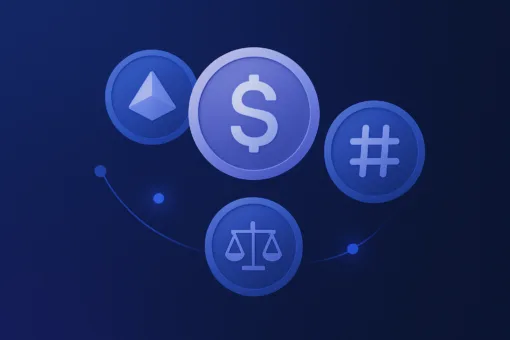To combat money laundering and similar illegal transactions, financial services firms must issue Suspicious Activity Reports (SARs). These firms are required to report transactions around $10,000 or those structured to hide money movement. FinCEN, the US agency enforcing this rule, recently revised its SARs guidelines.
Issuing SARs by financial services firms is not just a regulation, but a vital tool against financial crimes. These reports offer valuable insights into suspicious transactions, potentially indicating illegal activities like money laundering. However, filing a SAR should occur within 30 days of spotting the suspicious activity.
Despite these measures, concerns about the effectiveness of these reports are growing. Critics argue that the sheer volume of reports leads to vast data sets, making effective analysis difficult. Consequently, there are calls for a more focused approach, emphasizing quality over quantity.
FinCEN’s New Approach
Addressing these concerns, FinCEN has revised its SARs guidelines. The goal is to minimize system ‘noise’ by urging financial services firms to prioritize high-quality, informative reports. This strategy aims to help law enforcement agencies more easily identify real cases of illegal activities.
Clearly, FinCEN‘s goal is to enhance the efficiency and effectiveness of the SARs process. By cutting down unnecessary reports, spotting genuine suspicious activities will become easier for investigators. This could also lessen the administrative load on financial institutions, freeing up more resources for their core business operations.
While some may interpret this as a rule relaxation, it’s more accurate to see it as a shift in focus. FinCEN isn’t suggesting fewer SARs filings, but emphasizing the quality of the reports.
This positive step towards a more effective SARs process will ultimately aid in combating financial crime. It will be intriguing to observe how the industry adapts to these changes and if they result in a noticeable improvement in detecting illegal activities.














